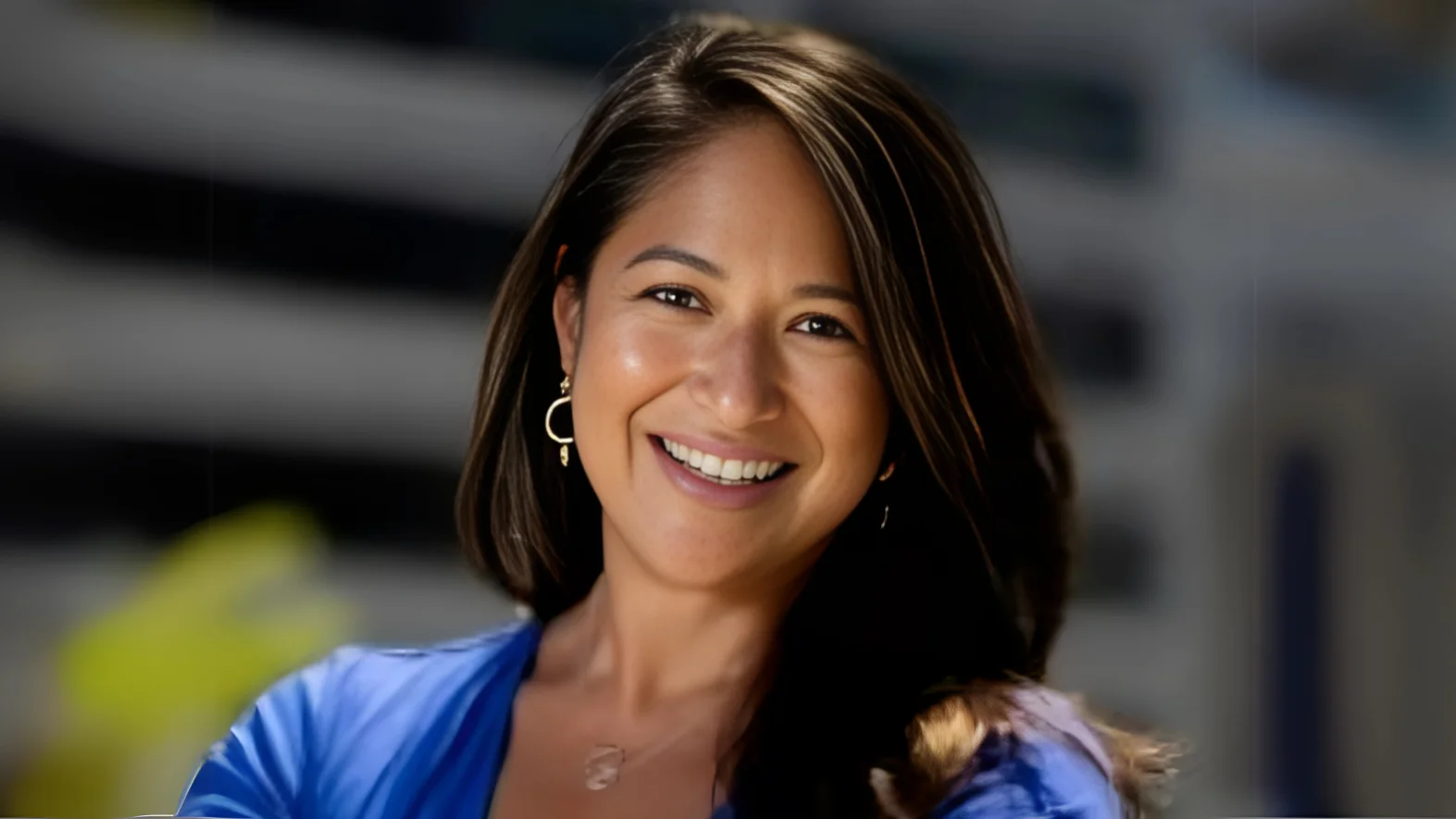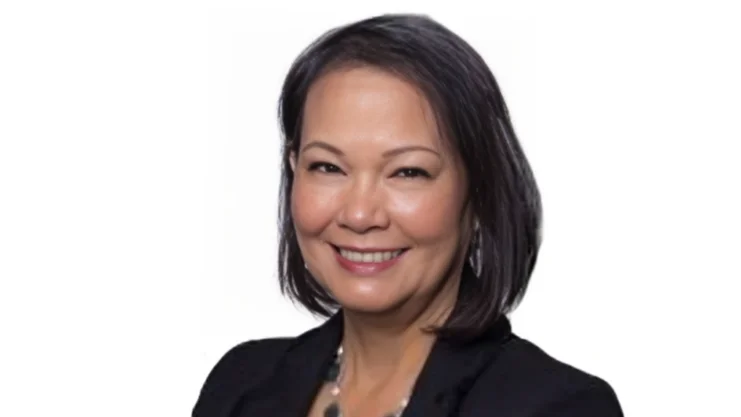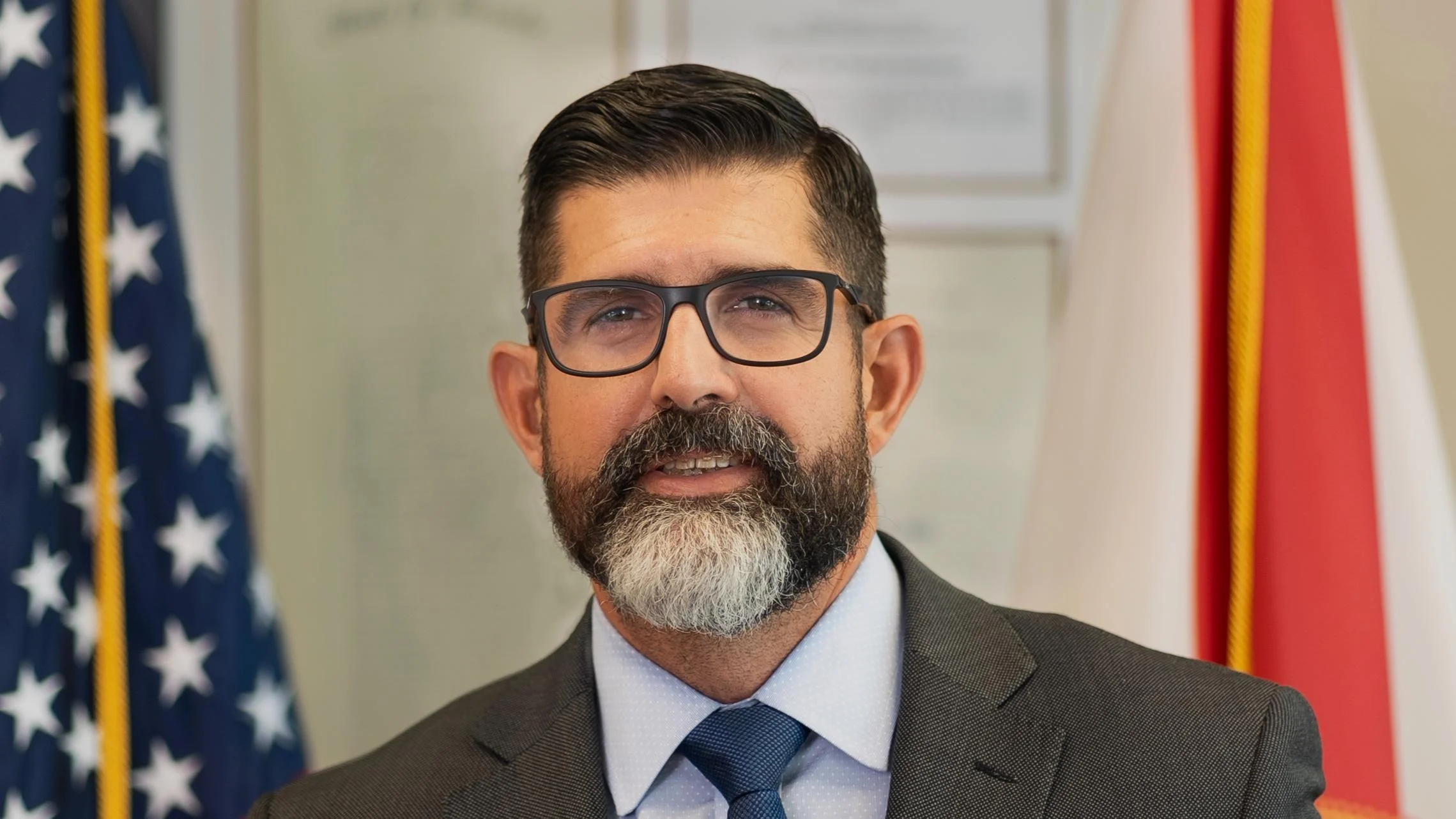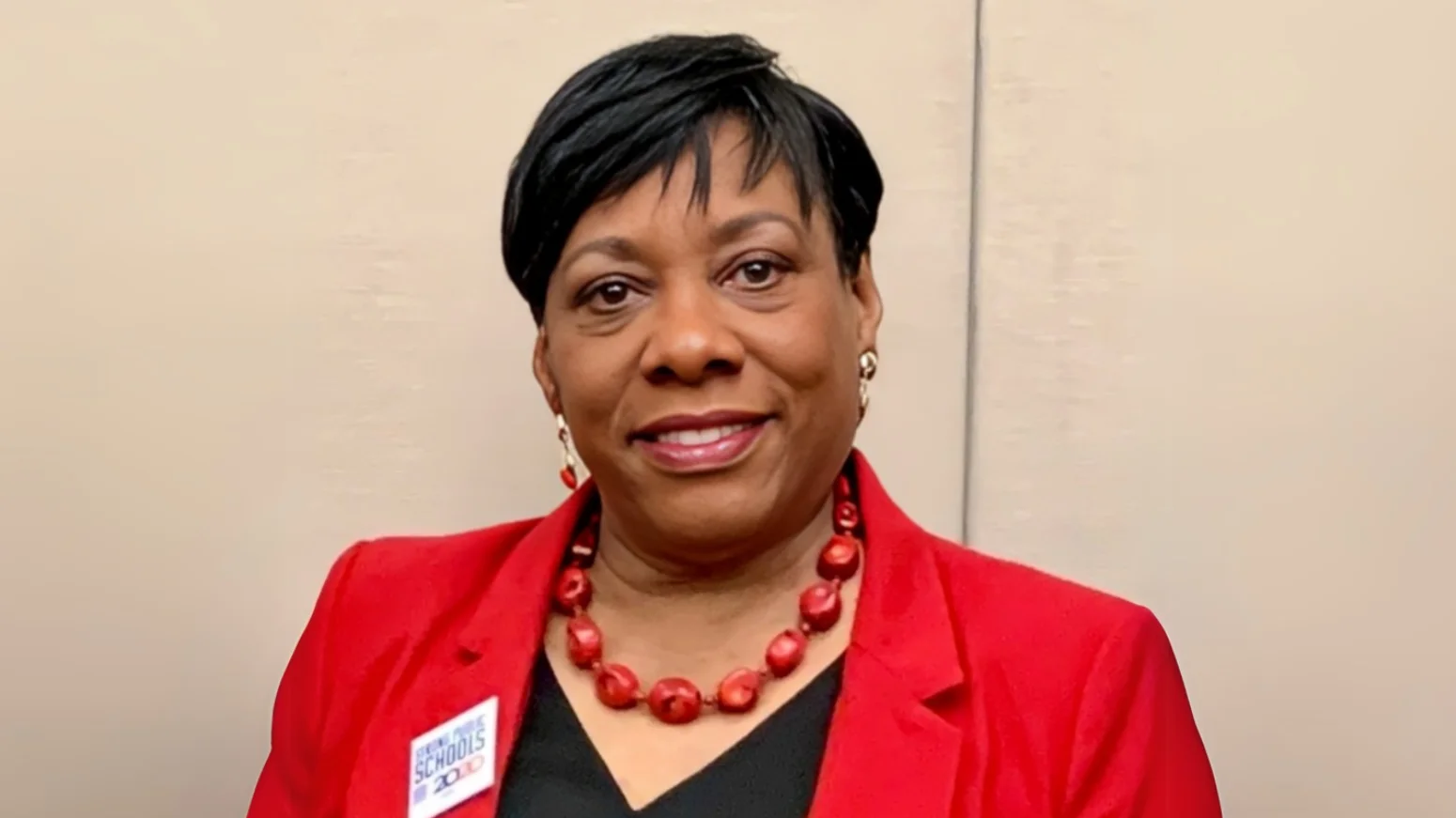
Stela Patron Senior Director, Business + Development | Official Website
As Deborah Nichols traveled daily from Kansas City to Lawrence, Kansas, for her postdoctoral fellowship at the University of Kansas, she and her preteen son listened to a cassette tape of Disney's "Bambi." Now an associate professor at Purdue University, Nichols recalls how they can still recite lines from that tape decades later. “We can still say the lines and that was 20 some years ago,” she says. “It was that shared experience.”
In today's digital age, podcasts have emerged as a new medium for children's entertainment and education. A report by the Education Development Center (EDC) explored whether podcasts could supplement family learning and differ from traditional media like television.
Naomi Hupert, director of the Center for Children and Technology within EDC, noted that podcast popularity among adults and the rise of personal audio devices led to this investigation. The study surveyed 110 low-income families across the U.S., finding that podcasts encouraged creative play and conversations among children. Hupert observed that many children engaged in activities such as dancing or drawing while listening to podcasts, which aids child development. “All those things are incredibly beneficial because it’s expanding their thinking ability to generate new ideas or engage with others or play activities,” Hupert says.
Podcasts also offer educational benefits similar to audiobooks by introducing new vocabulary and concepts to children who may not be reading at grade level. Listening with family members can boost intergenerational learning and spur developmental conversations.
Deborah Nichols, though not involved in the study, sees parallels between shared podcast experiences and mealtime interactions. “If kids are listening collectively in the car with their parents, it provides that shared experience you don't get when you're scrolling on your own phone,” she says.
Sherri Hope Culver from Temple University suggests that adult podcast popularity has influenced children's engagement with them as a safer media option. “What’s been interesting to me about podcasts is how popular they've gotten so fast," Culver says.
While research on children's podcasts is limited beyond EDC's study, experts liken them to audiobooks or radio stories of past eras. Common Sense Media reports children spend about two hours daily on screens; however, Kaitlin Tiches from Boston Children's Hospital advocates focusing on content rather than screen time duration.
“I think because screen time...has reached this saturation point where they are everywhere, we need to look beyond how much time we clock staring at a screen,” Tiches argues.
Kate Blocker from Children and Screens recommends using Common Sense Media guidelines for selecting educational podcasts for children. She advises co-listening practices where possible: “It would be similar to having a TV on...at least be able to hear if you need to step in,” Blocker says.
Culver emphasizes involving children in media decisions enhances their literacy: “It’s one thing to say, ‘I’m the parent and this is a good show for you,’” she explains.





 Alerts Sign-up
Alerts Sign-up